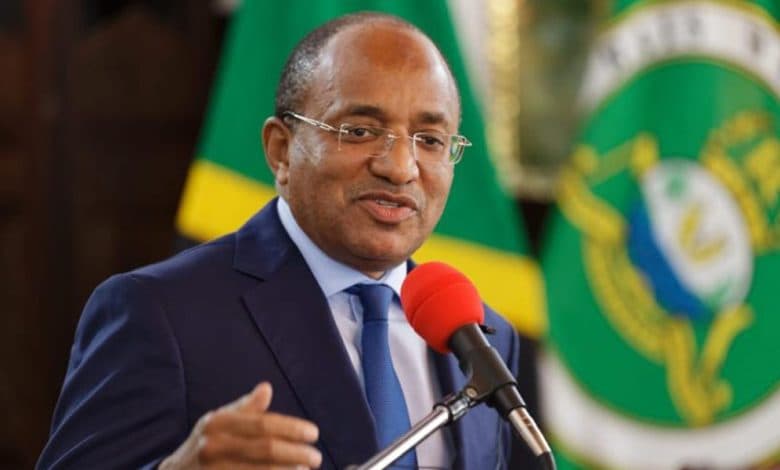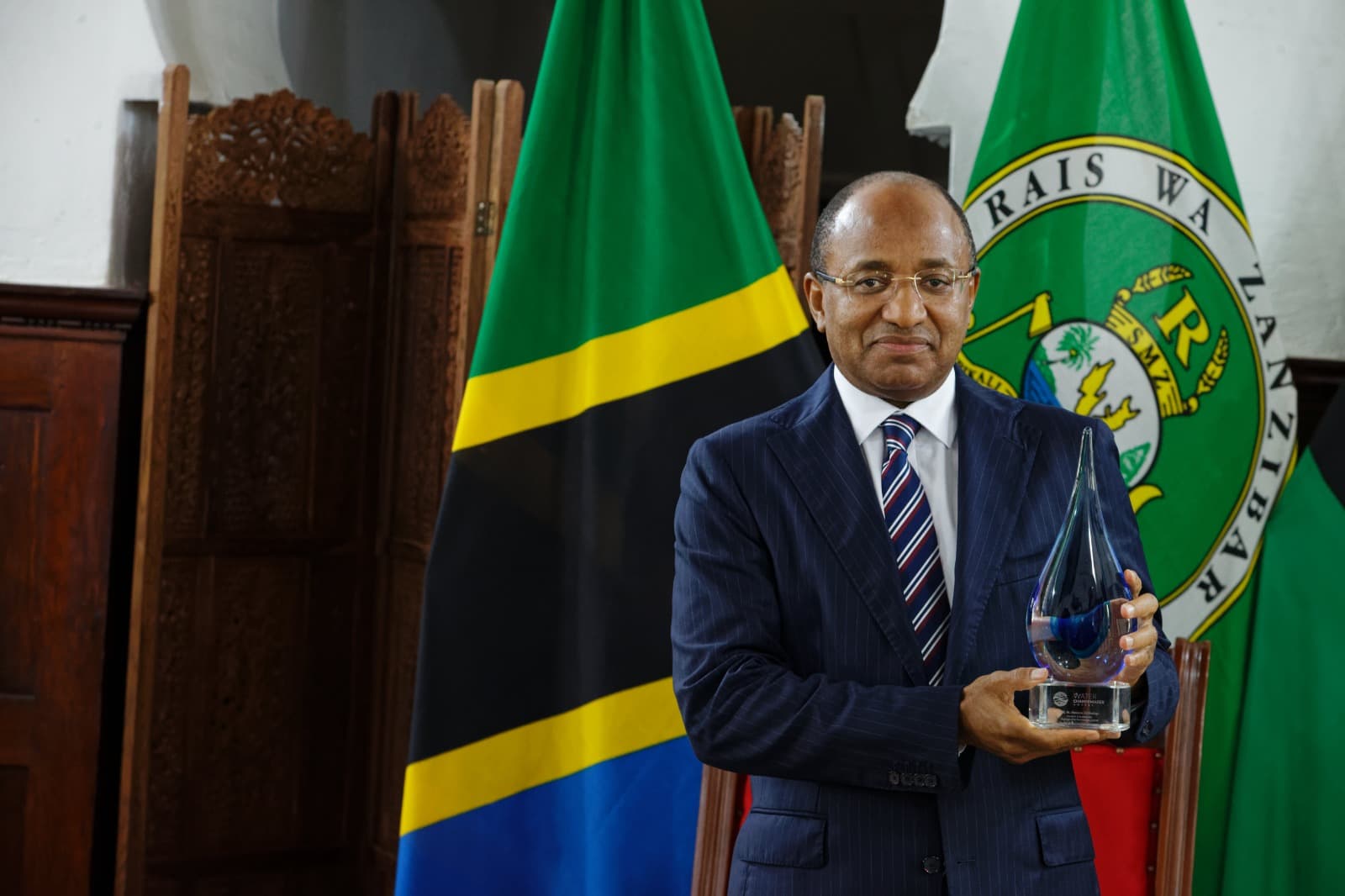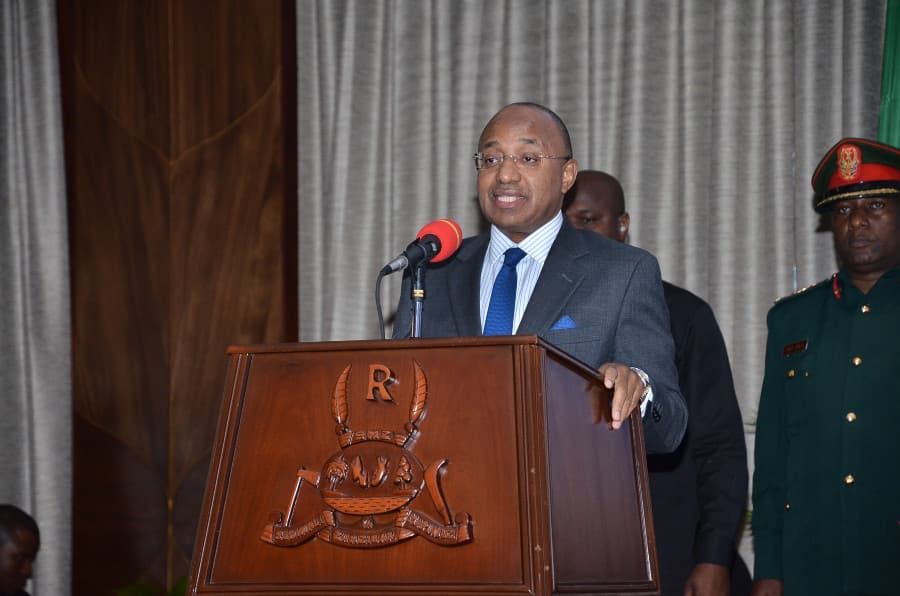Zanzibar’s Path to Inclusive Growth: The Role of Financial Reforms and Institutional Strengthening

In recent years the Zanzibar government has pursued a broad agenda of financial reform, with the goal of promoting growth that is both inclusive and sustainable. President Mwinyi has repeatedly emphasised that stronger financial institutions and more transparent public‑finance management are central to ensuring that the benefits of development reach all citizens, while safeguarding the archipelago’s future resilience.
He noted that one of the key changes has been the dramatic growth of domestic revenue collection, thanks to the introduction of digital tax systems and tighter controls, thereby reducing dependency on external aid. At a recent ceremony to mark the corporate‑sector dividends on the launch of the government’s Islamic finance instrument, he said: “We have introduced digital tax collection systems that have significantly reduced revenue leakages, improved efficiency and made compliance easier for taxpayers.”

Through this statement President Mwinyi underlined the idea that reforming the state’s fiscal base is foundational to expansion of opportunity. He linked the revenue reforms to the broader commitment of inclusive growth by pointing out that when the state can rely on its own resources it can devote more funding to human capital, infrastructure and services for all. At the same event he also highlighted the launch of the Sukuk (an Islamic‑compliant sovereign financial instrument), saying the government has “financed strategic projects, strengthened investor confidence and opened new doors for private sector participation in national development.”
These financial reforms are intended not just to boost GDP, but to reshape how value is shared across households, regions and sectors. For example, by shifting expenditure towards social services and infrastructure, the government is aiming to reach rural areas, youth and women with greater vigour than before. On the sustainability front, the President has stressed the importance of accountability, transparency and institutional capacity. The digital tax systems and revamped revenue authority are part of a larger push to make public resource management more efficient and resilient. That in turn helps the economy withstand shocks, whether global tourism downturns, climate‑related disruptions or fluctuations in international markets.

The President’s remarks signal that the government is conscious of these requirements, but the translation from plan to impact will be the true test. Growth must translate into better jobs, especially for youth; finance must reach the informal economy and rural entrepreneurs; and environmental resilience must be embedded in the growth model.
As President Mwinyi put it, “With strong, transparent and well‑managed cooperative societies, Zanzibar can achieve its development goals and build a more inclusive economy.” Zanzibar is showcasing how financial reform can be more than just budget‑numbers, it can be a tool for widening access, deepening resilience and driving growth that is not simply faster but fairer and greener.
